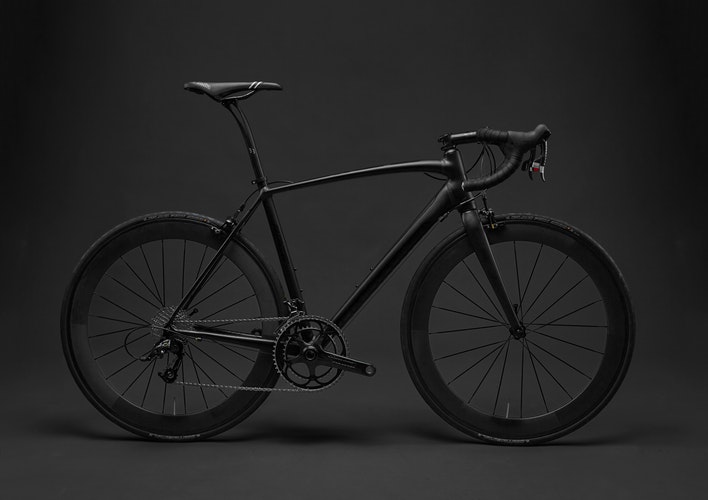What Makes a Great Product?
What makes a great product? Why do some consumer products become super popular while others sit on the shelf? I’ve been thinking about these questions lately, and have decided to create a hierarchy of sorts, similar to that of Maslow’s, but for consumer products.
The list is simple. First, and at the base of the pyramid is the product must do what it’s supposed to do. In other words, it has to work. Imagine you buy a winter coat but it doesn’t keep you warm, it’s not a good coat.
Next on the hierarchy is the product must be priced well. Using the previous example, suppose the coat does keep you warm, but this time it costs $2,000—you can forget about me buying it. There are proven strategies to price products for different markets, but in general, people have an intrinsic number for what something ought to cost. This is why you can estimate the exact price on The Price Is Right. So if you have a working product, that’s good, but if it costs ten times what people expect to pay, it’s not a great product.
Finally, and this is by far the hardest bucket to fill, is that a great product should aspire to represent the values of its customer. You could think of this level as “lifestyle brand” status. A company like Patagonia doesn’t just sell warm coats, they also sell you the dream of living an adventurous outdoorsy lifestyle, even if you’re not that adventurous.
If a product can fill all three buckets, I’d argue it’s well on its way to becoming great. In summary, I think at the most basic level, products must function. Once they do that, they need to be priced within reason. Finally, and perhaps the hardest level to achieve, is that a product should strive to represent the lifestyle and values of its customers.
What do you think makes great products? Do you agree with this hierarchy? Let me know in the comments below.
(Disclaimer: Ideas are my own and do not represent that of any other person or business.)



